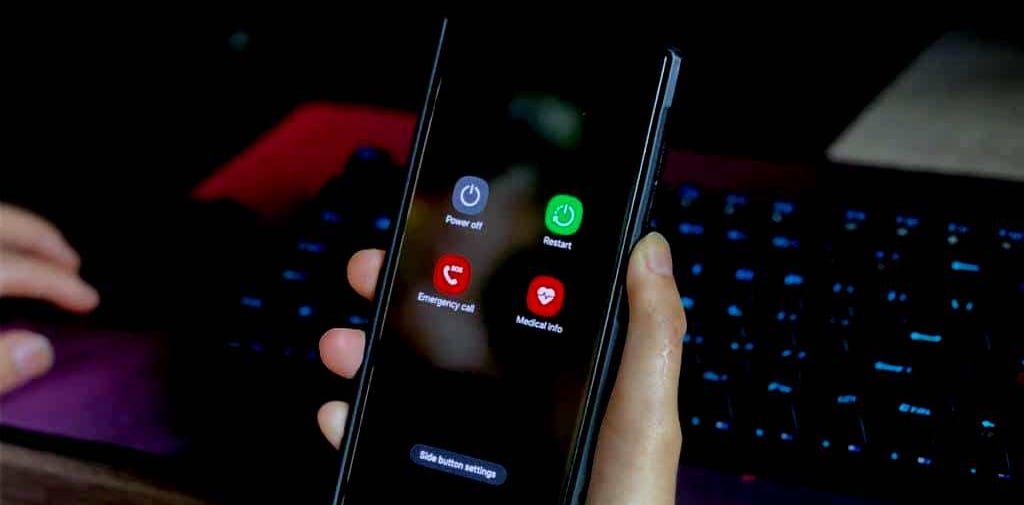Secure your Data with Inferno🔥, Use Code: INFERNO100
Reboot Your Phone Daily: The Easiest Way to Improve Your Security
Most people rarely think to restart their phones unless something goes wrong. But cybersecurity experts say a simple daily reboot can help block memory-based threats and zero-click attacks that often go undetected. This article breaks down how malicious code can linger in your phone’s temporary memory and how rebooting disrupts these silent intrusions. With practical advice and easy-to-follow tips, it encourages readers to treat phone restarts as a small habit that adds a strong layer of protection.
CYBERSECURITY
Phillemon Neluvhalani
5/25/20252 min read


Let’s be honest—when was the last time you restarted your phone? Not just let it die or did a software update, but actually powered it off and back on, intentionally?
For most people, the answer is somewhere between “a long time ago” and “never unless it freezes.” But here’s the thing: rebooting your phone once a day might be one of the easiest ways to protect yourself from cyber threats. And it only takes about 30 seconds.
So… why does rebooting help?
Believe it or not, a lot of modern cyberattacks don’t need you to click anything or install shady apps. There are attacks out there—called zero-click exploits—that can hit your phone just by sending you a message or loading a web page in the background. You won’t see it coming. You won’t know it happened.
Some of this malicious software lives temporarily in your phone’s memory (RAM). It doesn’t leave obvious traces and can be hard to detect. The good news? Rebooting your phone clears that memory, shutting down whatever sneaky process was running. It’s like turning the lights on in a room full of cockroaches—they scatter.
Is it a full security solution? No. But it’s a simple action that can stop some of the nastier attacks from sticking around.
“But I don’t have anything worth hacking…”
This is one of the most common things people say—and it couldn’t be further from the truth.
You don’t need to be a CEO or a celebrity to be a target. Your contacts, photos, location data, bank apps, and login credentials are all valuable. And even if hackers don’t use your info themselves, they can sell it. Your phone is a goldmine, whether you realize it or not.
Making it a habit without overthinking it
We’re not asking you to run antivirus scans or install security tools (though you should). Just restart your phone once a day. That’s it. You can do it:
Before bed
While you make your coffee
Pair it with something you already do every day, and it becomes a no-brainer.
Want to be extra safe? Try this too:
Rebooting helps, but combining it with a few good habits makes it even better:
Keep your phone updated. Those updates fix security holes.
Be picky with app permissions. Why does that flashlight app need your location?
Avoid sketchy Wi-Fi networks. Or use a VPN if you must.
Use strong passcodes with *14+ Random Characters*.”
Uninstall apps you don’t use. If it’s collecting dust, it doesn’t need to be on your phone.
Restarting = digital hygiene
You lock your door when you leave the house. You (hopefully) brush your teeth every day. Restarting your phone daily is just digital hygiene. It’s not a paranoid move—it’s a smart, simple one.
So starting tonight, power your phone off and on once before bed. It won’t just refresh your system—it could protect you from being silently watched, tracked, or compromised.
It’s a small step that could make a big difference.
Let’s normalize it.


